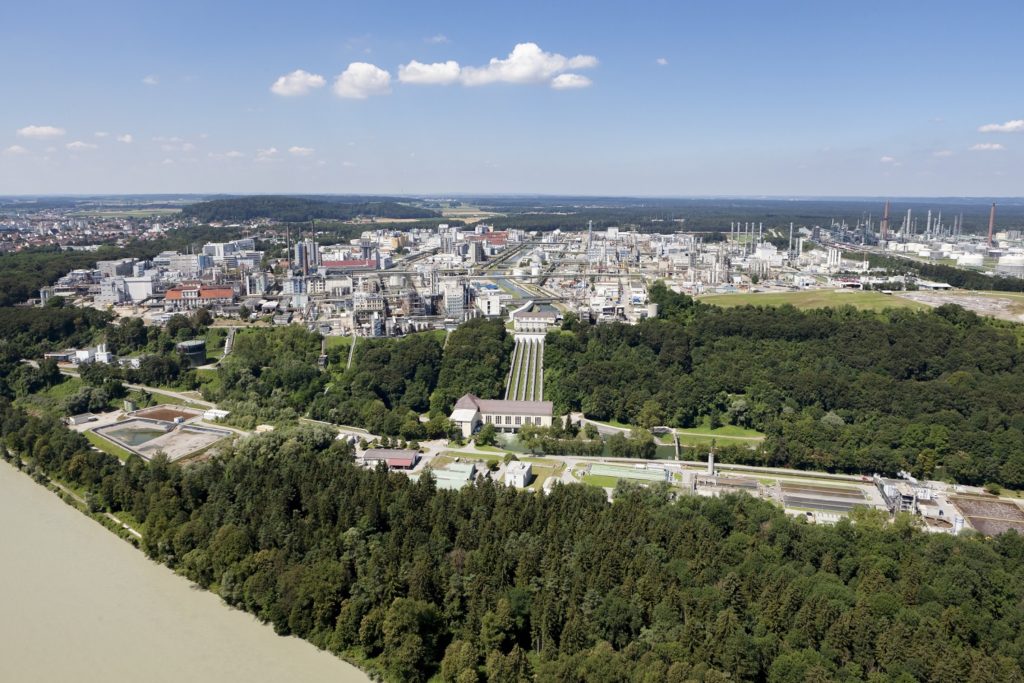On September 3, the minimum import prices imposed by the EU on crystalline photovoltaic products imported from China expired as the EU Commission rejected a request for reconsideration and thus an extension of the undertaking.
However, the sanctions that the Beijing government also imposed on imports of polysilicon in 2013, as a retaliation against the anti-dumping and anti-subsidy measures for Chinese modules and cells in Europe, are still in force.
Wacker Chemie was able to avoid the payment of import duties, such as those for competitors from the United States or South Korea – as it negotiated a minimum import price regulation with the Chinese Ministry of Commerce. This agreement, which was closed in 2013 and renewed at the end of 2016, is still in force.
“The regulation with the Chinese Ministry of Commerce has not expired yet,” said a spokesman for the Munich-based group at the request of pv magazine. “We expect the ministry to come to a decision in late October to take action against polysilicon imports from the EU.”
Popular content
Wacker has been massively pushing for an end to the EU anti-dumping and anti-subsidy measures against Chinese PV manufacturers engaged in the EU in recent years.
In the United States, the German company is also working to ramp up production in Charleston to full capacity. After a hydrogen explosion just over a year ago, the plant was closed for some time; Wacker restarted production again in the first quarter of this year. “Full capacity is expected to be reached in the fourth quarter,” the spokesman said.
Research on the causes of the explosion at the polysilicon plant has now been completed. “On a compressor in the hydrogen recovery plant, a technical defect has led to hydrogen leakage. The hydrogen then ignited and caused an explosion,” the spokesman explained. Wacker has developed further security measures at the site, including additional sensors and shutdown devices, to avoid similar incidents in the future.
This content is protected by copyright and may not be reused. If you want to cooperate with us and would like to reuse some of our content, please contact: editors@pv-magazine.com.



By submitting this form you agree to pv magazine using your data for the purposes of publishing your comment.
Your personal data will only be disclosed or otherwise transmitted to third parties for the purposes of spam filtering or if this is necessary for technical maintenance of the website. Any other transfer to third parties will not take place unless this is justified on the basis of applicable data protection regulations or if pv magazine is legally obliged to do so.
You may revoke this consent at any time with effect for the future, in which case your personal data will be deleted immediately. Otherwise, your data will be deleted if pv magazine has processed your request or the purpose of data storage is fulfilled.
Further information on data privacy can be found in our Data Protection Policy.